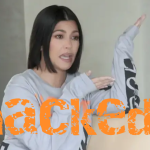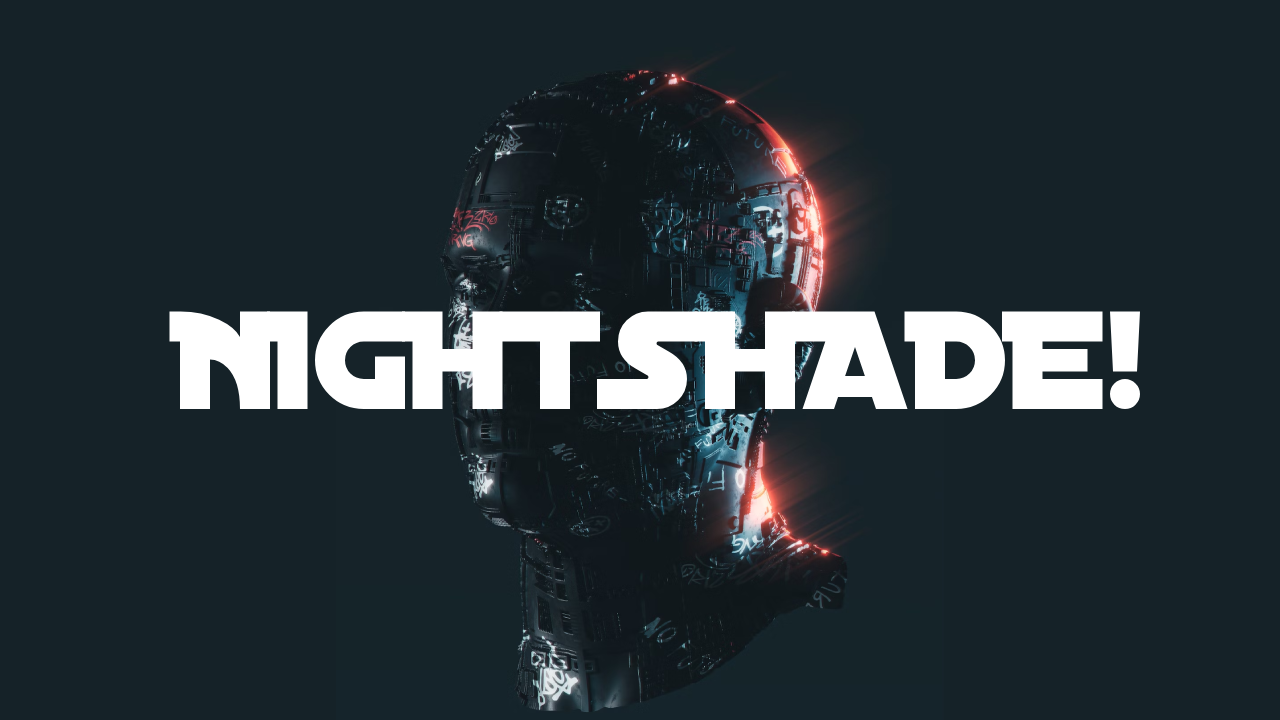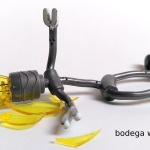Ever heard of the concept of knowing too much for your own good? Nowadays, artificial intelligence (AI) is grappling with an excess of knowledge, particularly in the realm of AI platforms dedicated to creating art. The issue lies in these AI art platforms, which end up reproducing art based on existing works by other artists. Researchers at the University of Chicago have developed a tool called Nightshade to address this concern.
Nightshade, available as a free download, aims to disrupt the learning process of AI models that scrape artworks from human artists. Remarkably, the tool garnered an impressive 250,000 downloads within just five days of its release. The popularity of the application led the researchers to establish mirror links to ensure continued access to the content.
But what exactly is Nightshade, and how does it operate? At a high level, Nightshade alters artworks posted on the web at the pixel level, causing them to appear completely different to AI models. This form of manipulation results in misleading imagery when compared to the user’s prompt.
The team behind Nightshade has a history of developing applications to counteract AI. One such precursor is Glaze, which prevents AI models from learning artists’ signatures by pixel-level alterations.
In online discussions, it appears that many artists are employing both Glaze and Nightshade simultaneously to disrupt AI models’ attempts to learn and replicate their artistic techniques.








